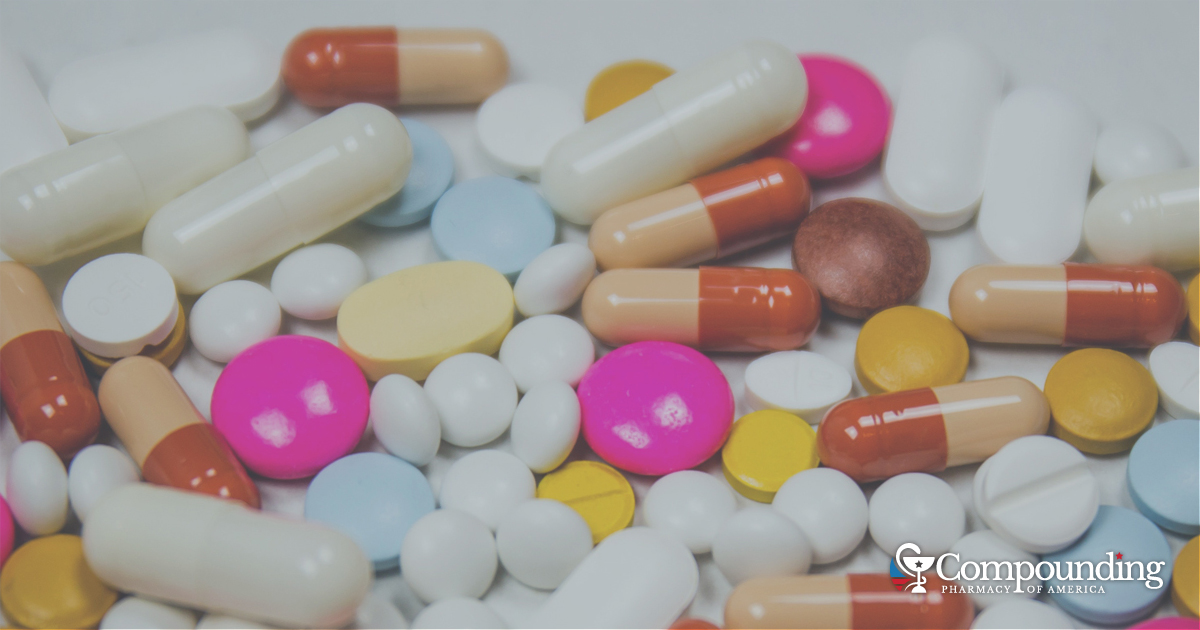
Taking several diabetic medications could be a burden for patients with diabetes. Nonetheless, there is a great possibility of missing a dose due to an overwhelming number of drugs which needs to be taken on different intervals. Compounding these medications especially prescribed for your individual needs comes handy.
Diabetes, also called diabetes mellitus, is a condition in which the body can no longer produce, or can no longer use, insulin. The body requires insulin to turn sugar into energy, but if it no longer makes insulin or can no longer use it, the sugar builds up in the bloodstream.
This sugar accumulation in the blood can lead to from mild to severe health consequences. In fact, studies have shown that erectile problems are linked to diabetes.
Diabetes Symptoms
About a third of the people who have diabetes do not know they have it.
Sometimes the disease can be present without any outward symptoms.
It is important to have regular check-ups with your doctor so that he or she can screen you for diabetes.
Some diabetics present with symptoms, however. If you experience any of the following on a persistent basis, consult your family physician.
- Increased hunger
- Increased thirst
- Dry mouth
- Frequent urination
- Frequent urinary tract infections
- Fatigue
- Blurred vision
- Headaches
- Itching, especially in the groin area
- Numbness and tingling in the hands and feet
- Dark skin changes in the neck, armpit and groin, called acanthosis nigricans
![]() In addition to the above, diabetics can have a compromised ability to heal.
In addition to the above, diabetics can have a compromised ability to heal.
Healing Wounds
Most of us suffer numerous cuts and other small wounds throughout our lives.
For a diabetic, they can turn into something far more serious. Diabetes wound healing can be very slow, and more likely to become infected.
If the infection becomes septic, meaning that it gets into the bloodstream and spreads throughout the body, the results can be fatal.
Diabetics need to check their bodies very carefully for even minor scrapes, especially their extremities, with particular attention to the feet.
About 15% of diabetics suffer from foot ulcers and other diabetic wounds that are hard to heal and needs medications.
Diabetic wound care is important for preventing this.
Diabetes affects wound healing in a variety of ways which includes:
Diabetic Medications
Diabetes medications can extend and improve the quality of life for those who suffer from the condition. One of the challenges is requiring the patient to take several types of medication on a daily basis.
Currently, there are many medicines available that aid in wound healing.
By combining them, a diabetic can get the same result with a far simpler process.
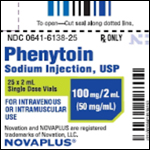
Promotes tissue formation in the wound.

Accelerates wound healing.
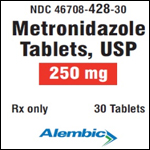
An antimicrobial agent.
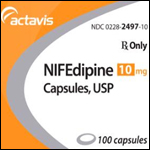
Increases passage of blood to tissues and organs.
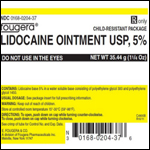
This drug reduces pain and increases blood flow.

An anti-fungal, anti-bacterial, and anti-inflammatory agent.

Improves blood viscosity.
Benefits of Compounding Diabetic Medications
Rather than applying the above mentioned medications individually, a patient can apply them all at once by taking advantage of medication compounding.
Remembering when to take which medicine, how much and at what time can often be challenging for patients.
A pharmacist can compound the medications or mix them together in a prescription specially designed for the patient.
Therefore, diabetic patients can then control their symptoms and reduce the chance for errors with the use of compound medications.
This promotes a comprehensive healing effect with the application of just one medication.
The benefits of doing this are many.
1. Bolster Debridement
There are several kinds of debridement, including:
- surgical
- autolytic
- mechanical
- biological
There is also chemical debridement, which is the application of a chemical to the wound to remove dead tissue.
With the compounding of medications, a pharmacist can strengthen the effect of the debridement.
For instance, he or she can mix collagenase and urea to increase the loosening and break up of necrotic tissue.
It is also possible to increase the strength of collagenase, when used alone, through the process of compounding medications.
2. Increasing Vascular Perfusion
Diabetics often have decreased blood flow, but there are topical medications that can alleviate the problem.
A pharmacist could use nifedipine, which increases vascular perfusion, with lidocaine, an anesthetic that also promotes blood flow.
He or she may then add pentoxifylline, which improves blood viscosity.
All this can create a single, powerful medication.
3. Bolstering Collagen
It can provide a scaffold onto which other cells affix themselves to begin the healing process.
With medication compounding, the collagen can be supplied through a topical ointment or cream.
4. Reducing Pain And Inflammation
Many of these same medications also promote blood flow, and they can all work together when pharmacists use compound medications.
5. Reducing Bioburden
Compound medications can carry antiseptics, antibiotics, and antifungals to prevent microbes from interfering with the healing process.
When a person becomes diabetic, the high sugar in their blood can start a cascade of problems affecting their body.

In this way, compound medications have become an important tool for dealing with hard-to-heal wounds.
Chief Operating Officer, The Compounding Pharmacy of America
Matthew Poteet, Pharm.D. graduated with Honors from Lee University with a Bachelors of Science in Biological Science. After his undergraduate training, he completed the Doctor of Pharmacy program at Mercer University Southern School of Pharmacy, graduating in 2004. Dr. Poteet has spent much of his pharmacy career on staff at two of the most prestigious academic teaching hospitals in the Southeast; Emory University in Atlanta and Vanderbilt University Medical Center in Nashville. At these institutions he received extensive experience and training in sterile products compounding.
He returned home to East Tennessee in 2010, where he has held the position of Pharmacy Director at two sterile products pharmacies in Knoxville. Matthew lives in Knoxville with his wife, Chris. Dr. Poteet is Tennessee’s first Board Certified Anti-Aging Pharmacist by the American Academy of Anti-Aging Medicine.
 Subscribe to Our Newsletter
Subscribe to Our Newsletter


